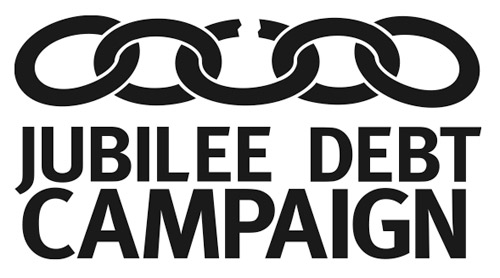An alternative headline for this would be since when did Zoe Williams become a libertarian? For she's managed to get herself horribly confused over the difference between charity and taxation.
It is impossible to devise good tax policy on the basis that reasonable people don’t want to pay it and have to be either coerced or conned into doing so. .... You cannot collect tax unless you believe in tax; likewise you cannot pay tax gladly unless you love it, not for the useful stuff it might buy but in itself. This is seen as a political impossibility. But why? Tax is no more and no less than an investment in the future.
What is being described there is charity, not tax. And any good libertarian would rub their hands with glee at the idea that we should all be paying only what we voluntarily wish to pay for the good of our souls and of the society at large. And it's also a goodly part of the classical liberal point that if taxation were lower then there would be more charitable giving as we all gladly would alleviate the suffering of our fellows.
Quite how this got published in The Guardian I'm really not sure. For she really is insisting that we should be forking out only that amount that we love to: and let the coercive aspects of the State demanding money from us go hang. At which point, if that really happened, quite a lot of us would have to pack up and go home, job done.
Think of it another way. I'd certainly be happy enough to pay, voluntarily, for, say, food banks which feed the hungry in their time of need. Come to think of it, where I actually live, I do (and the fire and ambulance service in fact). It's the paying for the State professional class that reads The Guardian that I'm not so keen on the State forcing me to do. So, let us bring on Zoe's system forthwith! Tax is only what we will voluntarily pay, as with charity. All we're left with now is the thorny question of what on earth Zoe would do for a living....















